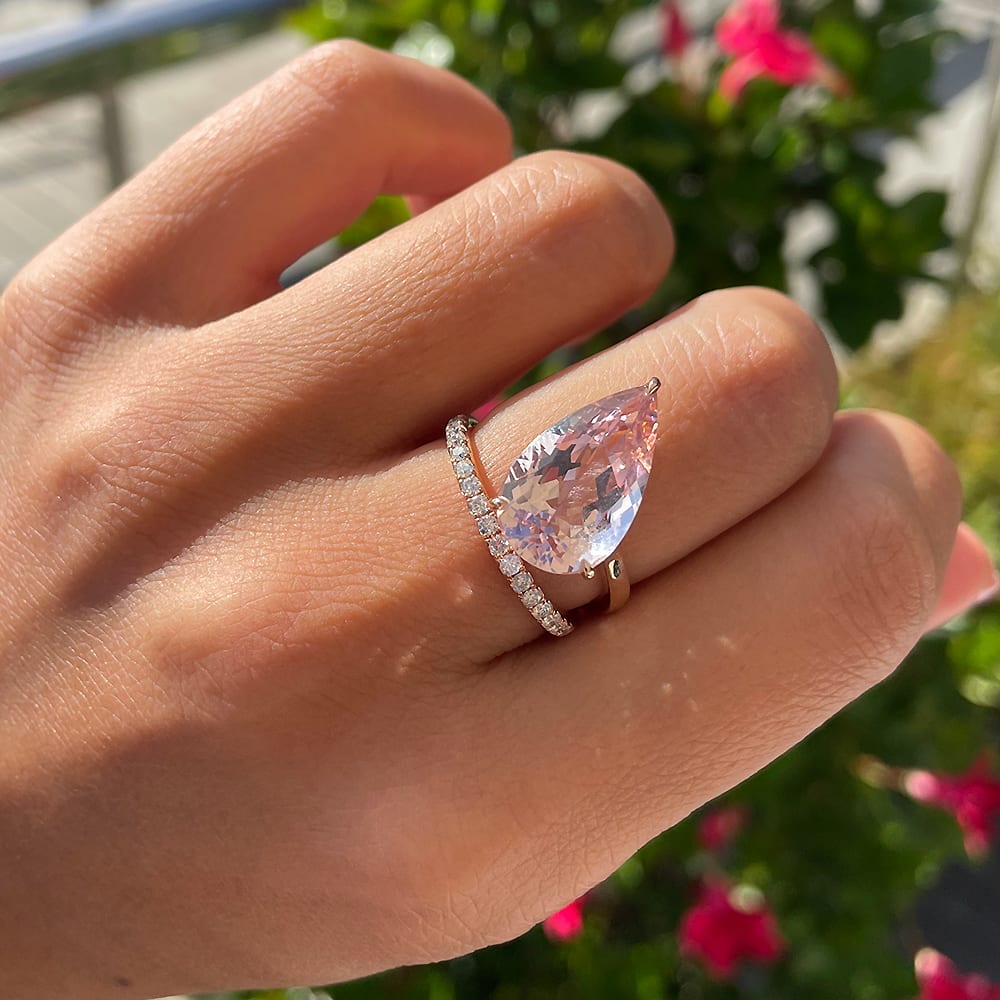In today’s modern world where there are solution and remedies for almost every problem, there are still a few diseases which cannot be fully cured and stick for a lifetime. In this article, Dr Gurneet Sawhney, who is one of the best neurosurgeon in Mumbai and hold 14+ years of expertise in Parkinson’s, and also specializes in conducting complex neurosurgical & neurotrauma methods, describes to us about the complete approach and practice of Parkinson’s treatment. Dr Gurneet Sawhney gave us the entire procedure on Parkinson’s treatment, from how it happens, what it is, and how to get treatment of it. Here’s all you need to understand.
Table of Contents
What Is Parkinson’s Disease?
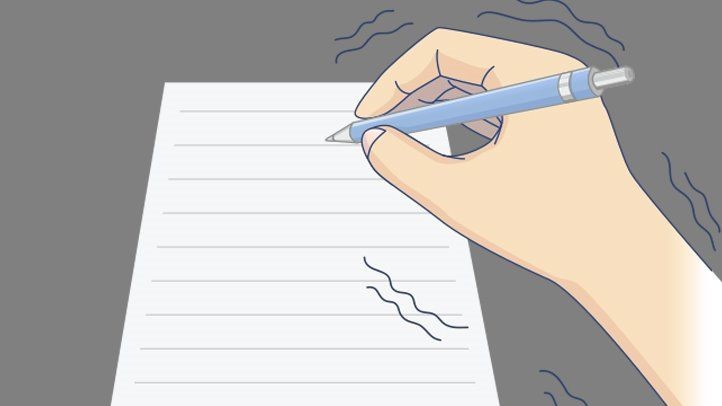
- Parkinson’s disease is a disorder that affects the part of your brain that manages how you move your body. It can develop so slowly that you don’t even see it at first. But over time, what begins as a little shakiness in your hand can influence how you walk, speak, sleep, and imagine.
- You’re more likely to notice it when you’re 60 and older. It’s also expected for it to start when you’re younger, but that doesn’t appear frequently.
- There’s no remedy for Parkinson’s disease. However, because of the availability of resources and qualified doctors, one must choose cities like Mumbai or Bangalore as you can get therapy and support to help control the symptoms.
What Does Parkinson’s Do to the Brain?
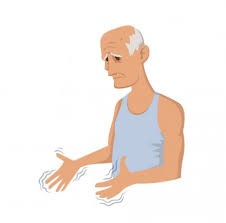
- According to Dr Gurneet Sawhney, Deep down in your brain, there’s a region called the substantia nigra, which is in the basal ganglia. Some of its cells produce dopamine, a substance that carries information around your brain.
- When you want to scratch an itch or kick a ball, dopamine immediately conveys a message to the nerve cell that regulates that movement.
- When that order is working well, your body runs smoothly and evenly. But when you have Parkinson’s, the cells of your substantia nigra begin to die. There’s no restoring them, so your dopamine levels fall, and you can’t send off as many messages to manage smooth body gestures.
- Early on, you won’t feel anything different. But as more and more cells diminish, you arrive at a tipping point where you begin to have symptoms.
- That may not be till 80% of the cells are dead, which is why you can have Parkinson’s for a long time before you feel it.
How Does Parkinson’s Affect the Body?
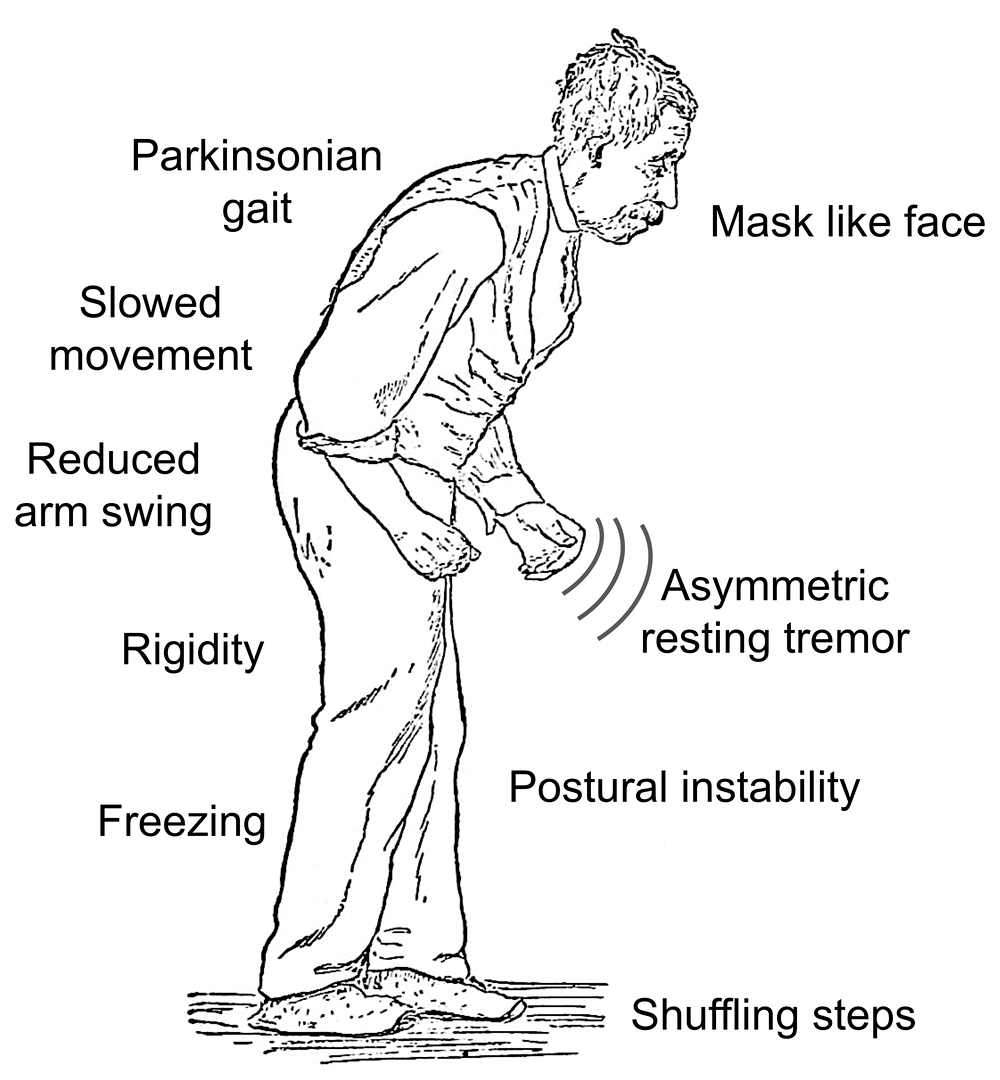
You usually feel difficulties like:
Stiff muscles. It can occur on just about any part of your body. Doctors sometimes confuse early Parkinson’s for arthritis.
Sluggish movements. You may notice that even simple actions, like buttoning a shirt, take much time than usual.
Shiverings. Your hands, forearms, legs, mouths, jawbone, or speech are shaky when you’re not using them.
Walking and stability problems. You may see your arms aren’t swinging as quickly when you walk. Or you can’t take long runs, so you have to mix-up instead.
Parkinson’s can also create a range of other problems, from depression to bladder issues to acting out sleep.
It may be a while before unusual behaviour start.
What Causes Parkinson’s?
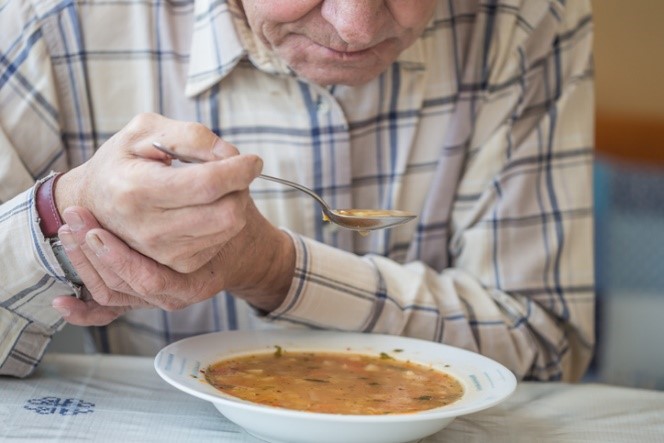
Doctors aren’t assured why all those brain cells start declining. They think it’s a mixture of your genes and something in the background, but the purpose is not straightforward.
Someone could have a variation in a gene tied to Parkinson’s but never get the illness. That happens a lot. And a group of people could work side by side in an area with chemicals associated with Parkinson’s, but only some of them end up with it.
It’s a complicated puzzle, and experts are still attempting to put all the pieces together.
How Parkinson’s Affects Life?
While discussing about Parkinson’s treatment, Dr Gurneet Sawhney further stated that the majority of people who have Parkinson’s live common to a nearly expected lifespan, but the illness can be life-changing. For some people, therapy keeps the symptoms at a halt, and they’re mostly easygoing. For others, the condition is much more severe and limits what you’re capable of doing.
As it gets more dangerous, it makes it harder and harder to do daily movements like getting out of bed, running, or continuing to work. Even writing can look like a challenging task. And in later stages, it can generate dementia.
Even though Parkinson’s can have a significant impact on your life, with the right medication and help from your health care team, you can still experience the things you love. It’s essential to move out to family and friends for assistance. Getting to live with Parkinson’s means making sure you get the help you need.
Alternative Medicine
Supportive remedies can help relieve some of the symptoms and difficulties of Parkinson’s disease, such as anxiety, lethargy and depression. When implemented in combination with your medications, these therapies might recover your quality of life:
- Massage. Massage therapy can decrease muscle tension and increase relaxation. This therapy, however, is infrequently covered by health insurance.
- Tai chi. An aged form of Chinese yoga, tai chi employs slow, flowing movements that may improve flexibility, stability and muscle strength. Tai chi may also help counter falls. Some forms of tai chi are tailored for people of any age or physical fitness.
- A Research showed that tai chi might improve the stability of people with mild to average Parkinson’s disease more than pulling and resistance training.
- Yoga. In yoga, soft stretching movements and postures may increase your adaptability and balance. You may alter most poses to fit your physical capabilities.
- Alexander technique. This method focuses on muscle position, balance and thinking about how you exercise muscles may decrease muscle tightness and pain.
- Meditation. In meditation, you simply reflect and concentrate your mind on an idea or image. Meditation may lessen stress and pain and increase your sense of well-being.
- Pet therapy. Having a dog or cat may improve your elasticity and mobility and enhance your emotional health.










